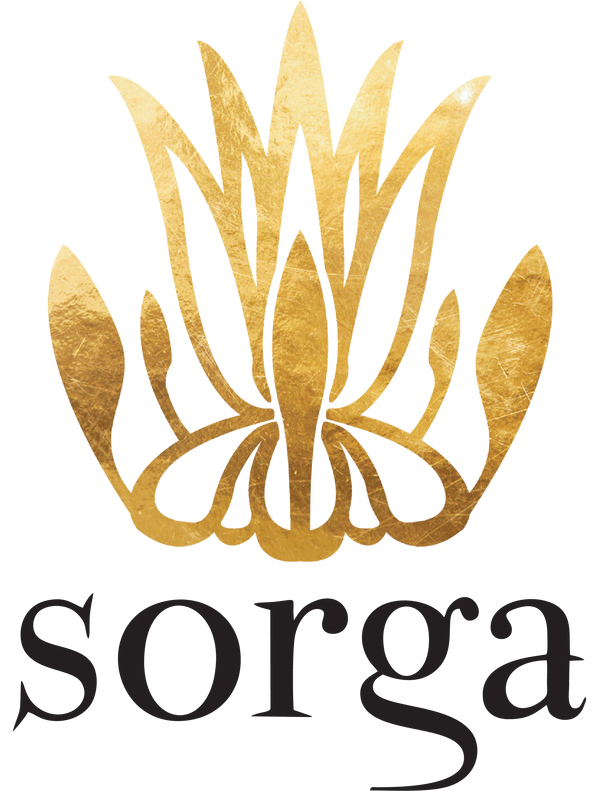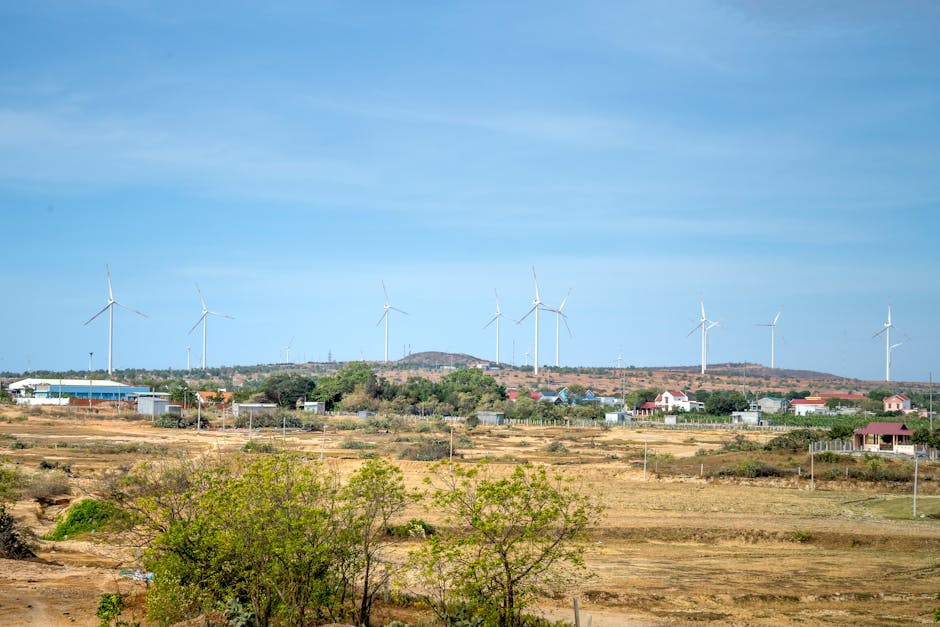Introduction to Ethical Consumption for a Chocolate Connoisseur
Ethical consumption sounds technical, but it’s simple. When we talk about it in the chocolate world, it means choosing chocolates made in ways that do good, not harm. This covers fair treatment of cocoa farmers, avoiding harm to the environment, and ensuring no child labor. For a chocolate connoisseur, this isn’t just about taste; it’s about knowing the story behind every bite. Many chocolate producers now focus on ethical practices, making it easier for you to make choices that feel as good as they taste. When you pick a chocolate bar, you’re not just choosing between dark or milk; you’re picking a path that can help make the world a bit better. Keep this in mind next time you indulge – your chocolate has a story, make it a good one.
The Importance of Sustainability in Chocolate Making
The world of chocolate is as rich and complex as its flavors. But behind every bar of chocolate lies a story of how it came to be. The importance of sustainability in chocolate making cannot be overstated. When we talk about sustainability, we mean producing chocolate in a way that respects people and the planet. It’s about making sure that the farmers who grow the cocoa are paid fairly, and that the environment is protected. Sustainable practices in chocolate making include paying farmers a living wage, avoiding child labor, using farming methods that conserve water and soil, and reducing waste.
Why does this matter? Well, sustainable chocolate is not just better for the world; it often tastes better too. When farmers are paid fairly, they can invest in quality. This means better cocoa beans, and in turn, better chocolate. By choosing sustainable chocolate, you’re not just treating yourself; you’re helping to ensure that future generations can enjoy chocolate too.
Remember, next time you’re savoring a piece of chocolate, think about where it came from. Your choices can make a big difference.
How to Identify Ethically Produced Chocolate
When you’re out hunting for chocolate, picking the ethical choice might seem like finding a needle in a haystack. But it’s simpler than you think. First off, look for labels. Fair Trade, Rainforest Alliance, and UTZ Certified mean the chocolate was made with attention to fair treatment of workers and the environment. Secondly, dive deeper into the brand’s story. Many ethical chocolate makers are proud of their practices and share their journey towards sustainability on their packaging or online. If a brand is transparent about their cocoa sourcing and labor practices, that’s a good sign. Also, consider the ingredients. The shorter the list, usually, the better. Ethical chocolates often boast minimal ingredients, focusing on quality and sustainability rather than additives. Remember, ethical chocolate might cost a tad more but think of it as investing not just in a treat, but in a better world.
The Impact of Chocolate Production on the Environment
Chocolate production can hit the environment hard. It starts with growing cocoa trees which demand lots of space. To make room, many forests are cut down, a process known as deforestation. This move hits local wildlife, reducing their living spaces and food sources. But that’s not all. Growing cocoa often involves using chemicals, like pesticides and fertilizers, which can harm the surrounding soil and water sources.
Then, there’s the production side of things. Transforming cocoa into chocolate requires a lot of energy and water, boosting the industry’s carbon footprint. Plus, getting the chocolate from factories to stores and eventually to your home means more transportation, adding to greenhouse gas emissions.
And let’s not forget about waste. Chocolate packaging, often plastic, can end up in landfills, contributing to pollution.
So, every chocolate bar has a backstory of environmental impact. But don’t lose heart. As a chocolate lover, you’ve got power. Opting for chocolate from brands committed to sustainable practices can make a big difference. Keep an eye out for certifications like Fair Trade or Rainforest Alliance. These choices help push the whole industry towards a greener future.
Fair Trade Chocolate: What Does It Mean for Producers?
When you pick up a chocolate bar that flaunts a “Fair Trade” label, it’s not just about the taste; it’s a nod towards ethical buying. Let’s break it down simply – Fair Trade aims to make sure that the farmers and workers involved in making that chocolate bar are treated fairly. They should get paid enough to lead a decent life, work in safe conditions, and have the power to make decisions about their future.
So, when you buy Fair Trade chocolate, you’re essentially putting your money where your mouth is, standing up for fair wages and good working conditions. This approach helps farmers and workers in developing countries to improve their lives and plan for their futures, rather than just getting by.
But there’s more. Fair Trade also focuses on sustainability, meaning it encourages farming practices that are kind to the environment. It’s a win-win for the producers and the planet.
In a nutshell, choosing Fair Trade chocolate means you’re supporting a system that values human dignity and the earth. It’s a simple choice at the supermarket, but it has the power to change lives.
Organic Chocolate: Beyond the Label
When you see “organic” on a chocolate bar, it’s about more than just a label. It points to chocolate made from cocoa beans grown without synthetic fertilizers or pesticides. This practice not only supports healthier soil and ecosystems but also promotes better working conditions for farmers. By choosing organic chocolate, you’re not just treating yourself to a purer product, you’re also backing a system that puts the planet and people first. However, keep in mind, organic doesn’t always mean 100% ethical. To truly support sustainable and ethical chocolate making, look for additional certifications like Fair Trade or Rainforest Alliance. These ensure farmers get fair pay and work under safe conditions. In short, organic is a good start, but digging deeper into your chocolate’s origins can lead to even more impactful choices.
Direct Trade Chocolate: Building Relationships Between Farmers and Chocolate Connoisseurs
Direct Trade Chocolate is a big deal. It’s like a pact between those who grow cocoa and those who can’t get enough of chocolate. This approach steps away from traditional buying and instead shakes hands directly with the farmers. Why? It’s all about fairness, better quality, and sustainability. Think of it this simple way: farmers get a fair price for their hard work and chocolate lovers get higher quality chocolate. When there’s a direct connection, farmers are motivated to use sustainable methods and preserve the quality of their cocoa. This means they avoid shortcuts that harm the environment. So, buying Direct Trade Chocolate isn’t just about enjoying a bar of chocolate; it’s about being part of a circle that respects the planet and the people who farm on it. You’re supporting a system where everyone, from the farmer to you, gets a better deal. It’s a win-win. Next time you crave chocolate, remember Direct Trade is more than just a label; it’s about building a relationship that values everyone involved.
The Role of a Chocolate Connoisseur in Promoting Sustainability
As a lover of chocolate, you’ve got more power than you think. By choosing sustainable chocolate, you become a hero for the planet and cocoa farmers. Sustainable chocolate means it’s produced in a way that’s good for the environment and fair for the people who grow cocoa. Here’s how you can make a difference.
First, look for certifications like Fair Trade, Rainforest Alliance, or UTZ on chocolate packages. These labels mean that the chocolate was produced under good conditions for workers and with respect for the Earth. Also, try to support small-scale chocolate makers. Often, they use more sustainable practices and source cocoa more ethically. Educate yourself and others about the impacts of chocolate production. It’s not just about a sweet treat; it’s about people’s lives and the health of our planet.
Lastly, voice your choice. Tell your favorite brands you care about how they source their cocoa. Companies listen when consumers speak up about sustainability. Your choices as a chocolate connoisseur can drive real change in the industry. Let’s make every chocolate indulgence a step towards a better world.
Tips for a Chocolate Connoisseur to Support Ethical Consumption
Supporting ethical chocolate consumption means focusing on where and how your chocolate is made. Here’s how to ensure you’re doing your part. First, look for certifications like Fair Trade, Rainforest Alliance, or UTZ on chocolate packaging. These labels indicate that the chocolate meets certain standards for environmental care and fair worker treatment. Next, buy from local chocolate makers or small businesses when possible. Smaller businesses often have closer relationships with their cocoa suppliers, making it easier for them to ensure ethical practices. Don’t shy away from asking questions. If a brand is transparent about where their cocoa comes from and how it’s produced, they’re likely a good choice. Finally, educate yourself and others about the importance of supporting sustainable chocolate production. The more people know, the bigger the impact we can make. Remember, every chocolate bar choice can contribute to a better world.
Conclusion: The Path Forward for Ethical Chocolate Consumption
Choosing ethical chocolate is more than a trend; it’s a commitment to making better choices for our world. Remember, every bar of chocolate you buy has a story behind it—from the farmer who grows the cocoa to the environment that sustains it. Opting for ethical chocolate means supporting fair wages, better working conditions, and sustainable farming practices. The path forward is clear. Look for certifications like Fair Trade and Rainforest Alliance on your chocolate bars. Ask questions about where and how your chocolate is made. Dive into the brands that are transparent about their processes. It’s about making informed choices. Let’s make our love for chocolate a force for good. Together, we can push the chocolate industry towards more ethical practices, one delicious bite at a time.








